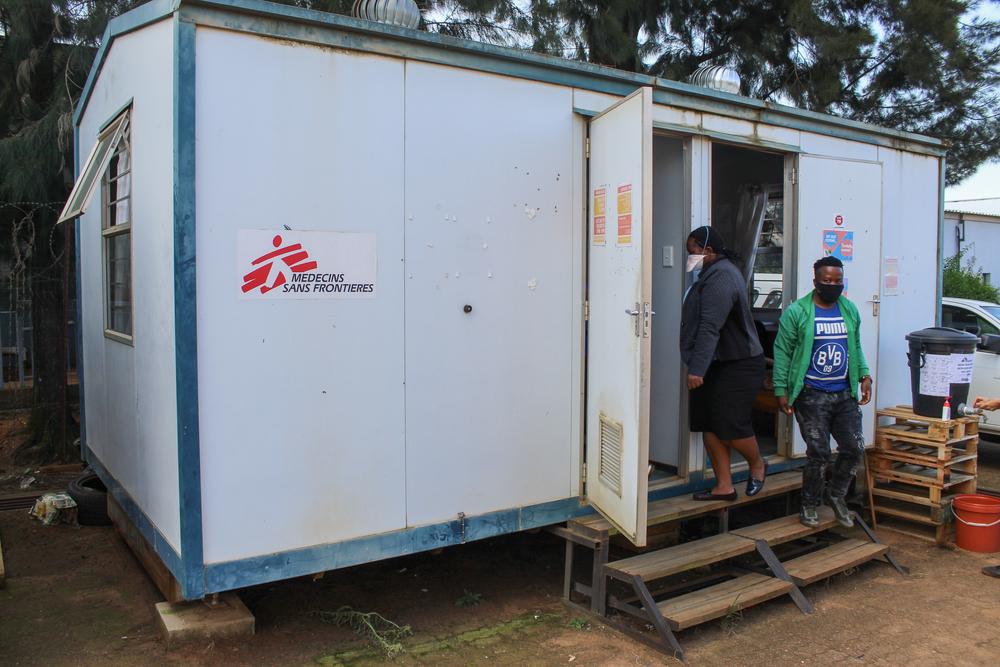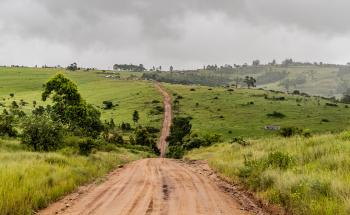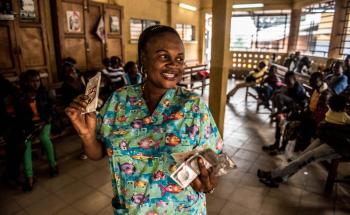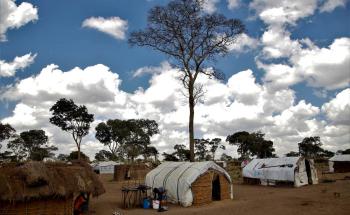The Doctors Without Borders/MSF project in the Shiselweni region has ended after 16 years of dedicated service to the community. MSF is committed to ensuring the sustainability of the HIV & TB program activities that it has spearheaded and supported over the years. This staff reflection outlines MSF's journey in the region, from its work on HIV and TB initiatives to its response to the COVID-19 pandemic.
In 2009, I joined MSF as a relief interpreter to assist medical staff in communicating with patients in our local language, Swati. This was a time when there were only three health facilities that provided HIV and TB care treatment in the entire Shiselweni Region. A time when people would hide the fact that they had TB or HIV diseases as some would say it’s a curse having these diseases. A time when people would go to a facility stand in a long queue and not receive any treatment as the doctor would only attend to a certain number of people in a day. This is a time when there were bad roads in the region, with limited transportation to facilities. There would only be one bus in the morning transporting people to town, getting back in the evening. Failure to catch this bus for any reason would mean a person would not be able to reach the hospital.
Our team conducted home visits, primarily for patients suffering from TB and HIV, and identified those who could not access hospitals for treatment. When identified, they would be visited by the MSF healthcare workers for consultation and treatment. If the situation was severe, they would be transported by MSF to the nearest health facility.

With TB and HIV, consistency is key when it comes to taking medications. Over time, I became a community treatment supporter, working closely with patients' families to help them stick to their treatment plans so they’d have the best possible chance of recovery. Our team also helped terminally ill patients with transport to health facilities so they can be cared for.
It could be emotionally challenging work because our patients were people who were vulnerable and often weren’t getting the help they needed; people being discriminated against by society because of their health conditions. But seeing their health and their lives improve as they adhered to treatment, would really bring comfort and satisfaction. It is always a pleasure to be able to touch people’s lives and able to track the progress of your work.
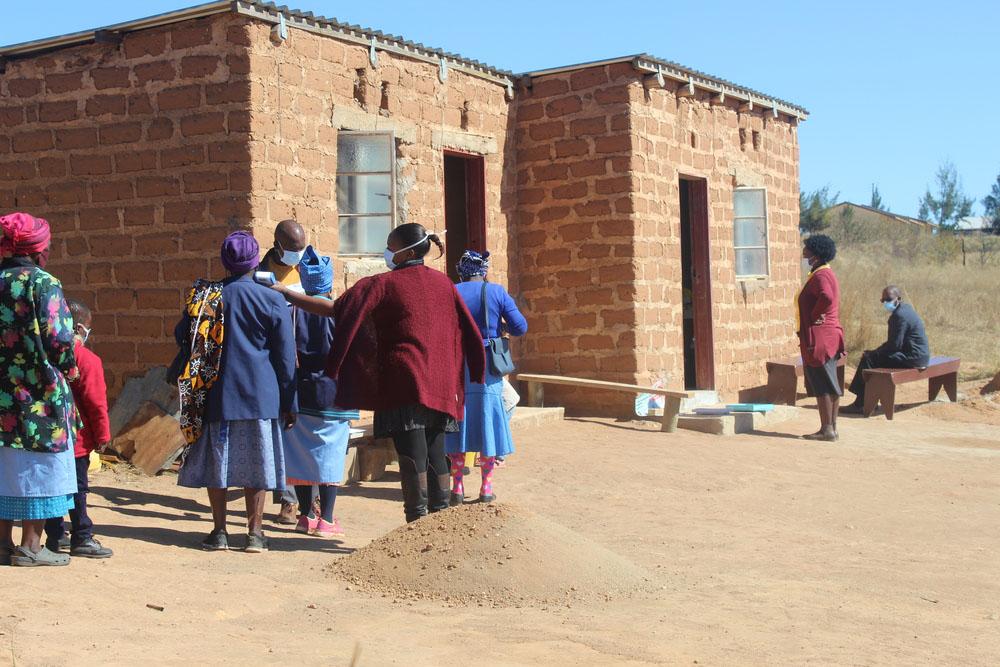
Our region is impoverished, and for people to secure jobs and survive, they need to be healthy and functional. Looking back, I remember how severe the medication's side effects were on patients: some patients even became permanently paralyzed because of these drugs. It was not surprising that some people stopped taking their medications, just to be able to work, but it was our job to try to support them. It’s with relief I’ve seen new treatments with fewer side effects be developed over time.
Over the years, I’ve seen how MSF has made testing and treatment more accessible for patients. As well as decentralizing labs, the team has also made it possible for people with HIV to start antiretroviral therapy at local clinics.
I remember how before, some patients could not access medication in the summer seasons, as heavy rains flooded rivers and washed away bridges. It was alarming to think that patients could be exposed to the risk of drowning simply because they were trying to access their HIV treatment. Through providing ART in the nearest primary health clinic, the distances and dangers people faced were reduced, and the level of adherence to treatment was highly improved.
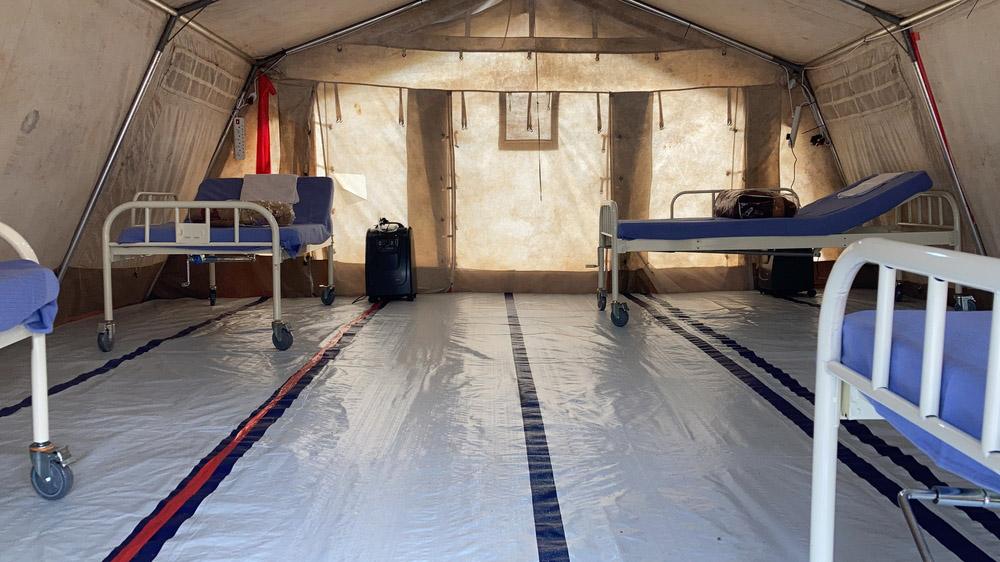
Providing treatment to HIV-positive patients has also changed social taboos against those who faced discrimination in job opportunities because of their illness. All this has positively impacted people's lives, particularly in the Shiselweni region.
The medical activities are now going to be run by the Ministry of Health, and my main concern is to see how the standards set by MSF will be continued. How will the mini laboratories at the clinic level be maintained so that patients still have rapid access to testing, and how will patients' needs still be catered for?
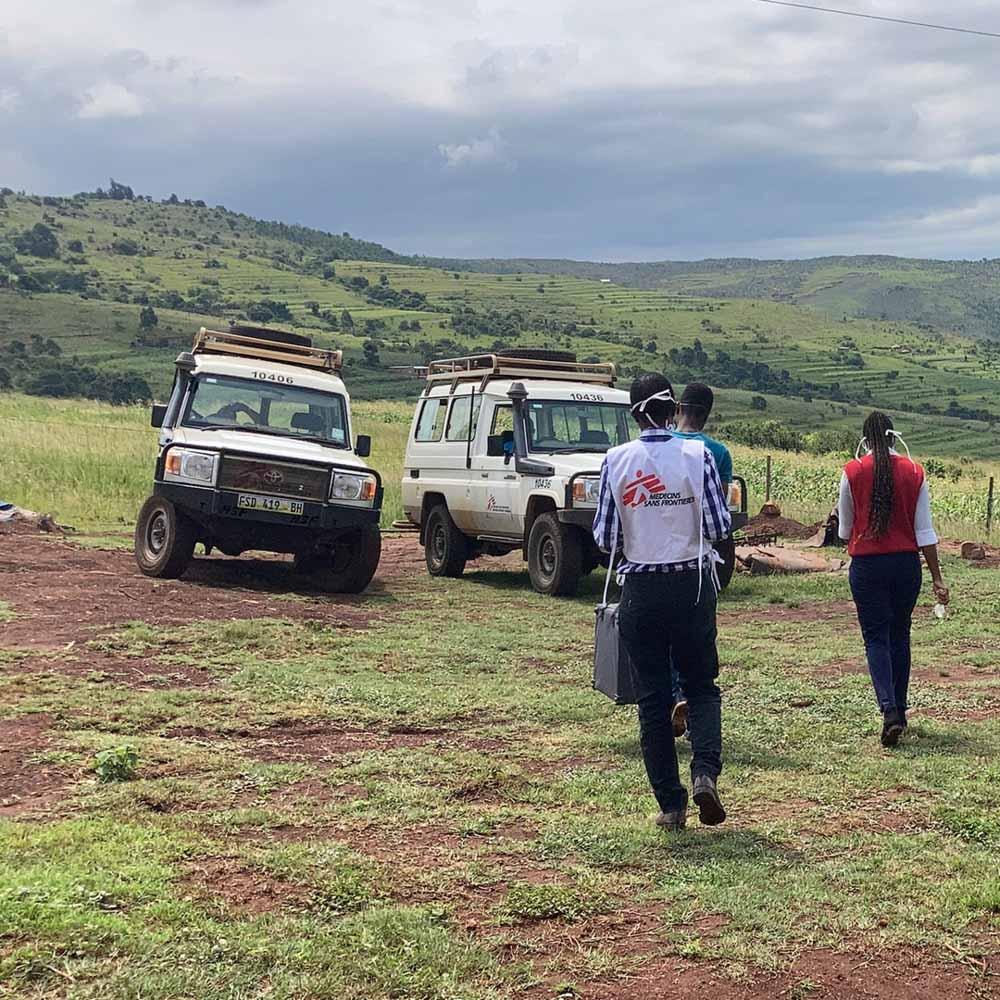
As MSF wraps up a project that lasted 16 years, I believe that what we have achieved here shows the potential for what can be accomplished in other regions too. With the Ministry of Health taking on the running of TB and HIV services in Shiselweni, MSF will soon be working in different areas of the country. I am certain the team will be able to reach and advocate for the communities most in need.
Most importantly, my hope is that MSF will continue being a force for innovation, always finding new and better ways to offer medical services to my people: the Eswatini people.
In the past, I've experienced the dangers of working as a humanitarian in flood-prone areas, but my drive to help people has only grown stronger over the years with MSF. Now, as my 14 years with MSF draw to a close, I know I will continue trying to make a positive impact in my community. Wherever I work, I know that I will always be a humanitarian.
Patience Nxumalo, MSF Clinical Assistant, a vibrant, dedicated humanitarian who will sacrifice the little she has to put a smile on another person’s face.
